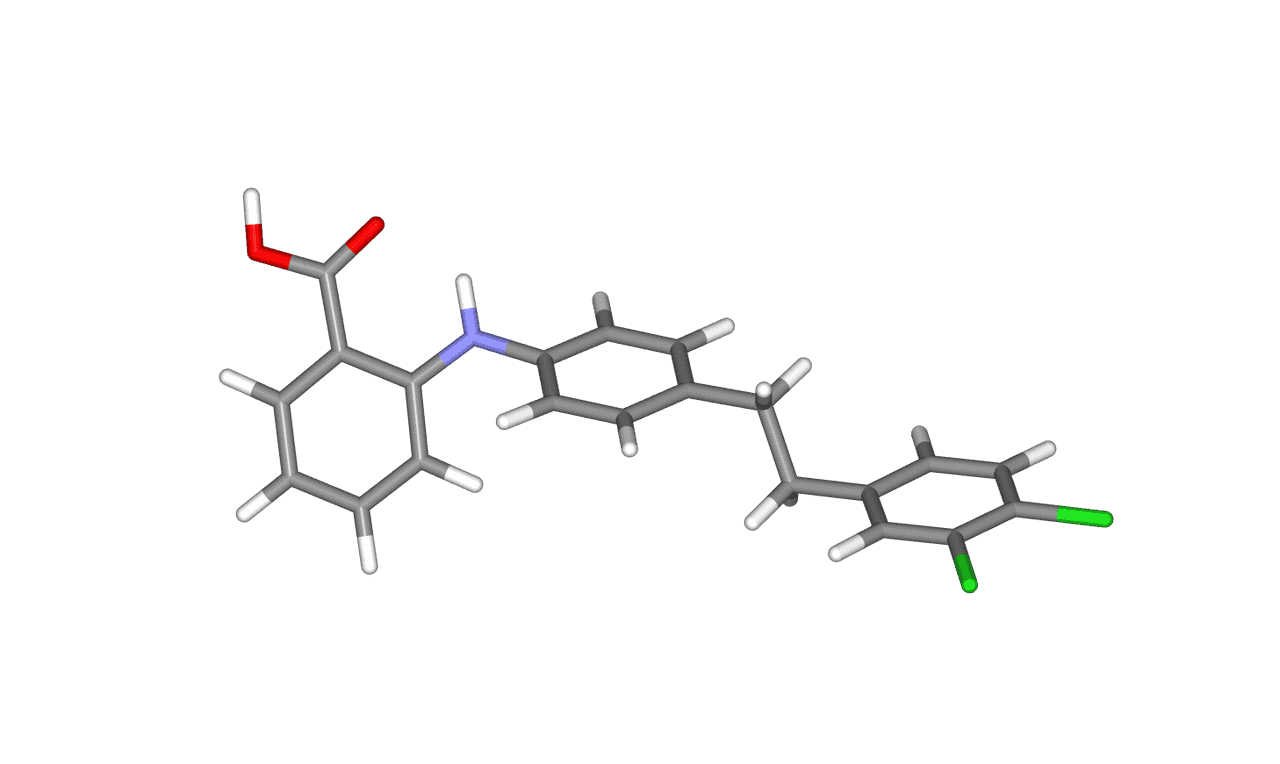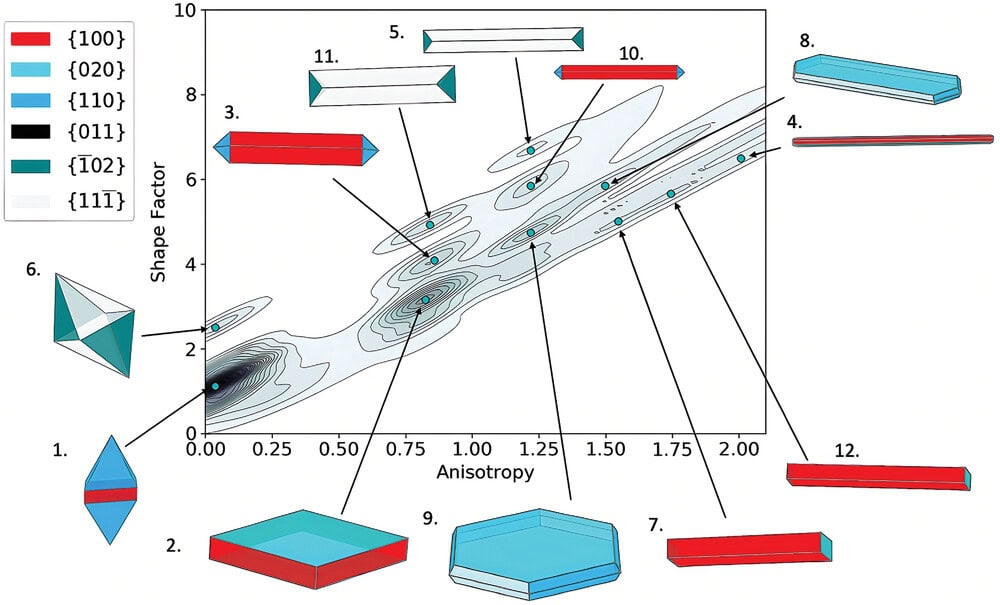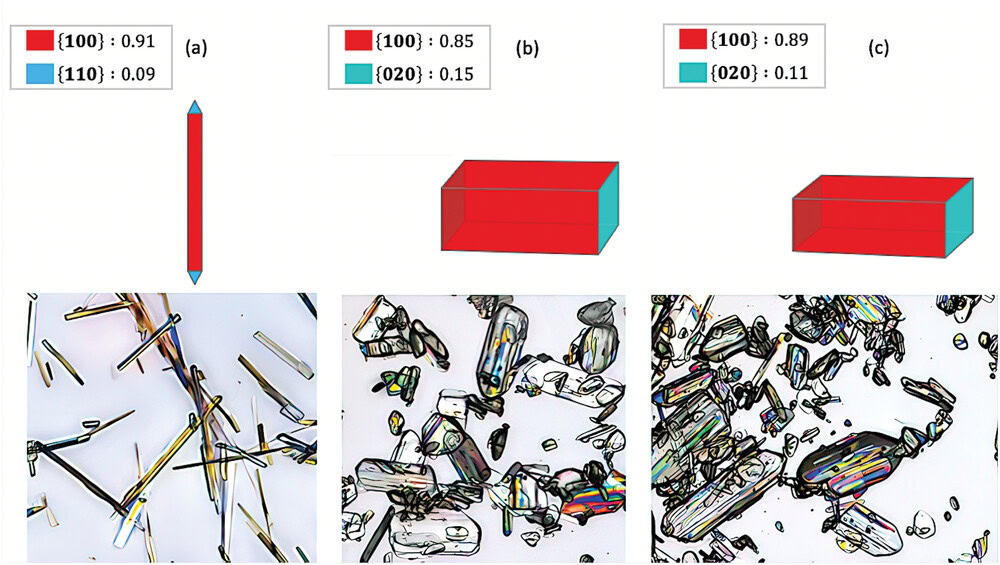01
Solid state research
Crystal structure prediction empowering solid-state chemistry solutions

02
overview
AI-powered platform
enhancing solid-state R&D
XtalPi combines computational chemistry and AI to empower pharmaceutical solid-state research with advanced resources and expert support.
Application
Advanced solid state computational service
Platform
Crystal structure prediction
Evaluate the polymorphic risk of the target system
Virtual Screening
Select optimal coformers/solvents for crystallization
Morphology prediction
Predict morphology under solvents/additives conditions
Underlying Technology
Cloud computing platform
High throughput automation lab center
Data engineering center
Theoretical basis
Quantum physics
AI & Machine learning
03
XtalCSP™ Crystal Structure Prediction
CSP driving polymorphic risk assessment & stability analysis
CSP performs the global search of crystal structures of the target molecule and the other optional components in the corresponding searching space, aiming at the crystal structure of the thermodynamically stable crystalline form and the relative stability between stable forms.
Crystal structure prediction (CSP) technology offers a robust tool, bringing computational analysis to the forefront of polymorphic risk assessment. Our CSP services cover a variety of systems including polymorphs, salts, cocrystals, hydrates/solvates, etc.
- Application scenarios
Cross validation between predicted forms and experimental forms to determine the energy ranking of experimentally obtained crystals
Risk assessment of form conversion
Recommendation of experimental conditions to prepare novel crystalline forms
Property predictions (solubility, morphology, mechanical properties, etc.) of crystalline forms in early-stage drug discovery
- Workflow

Input Molecule

Conformation Analysis
Force Field
Training
Training
Crystal Structure Generation
Energy Ranking & Clustering

Energy Landscape & Free Energy Trend
Crystal structure prediction (CSP) performs the global search of crystal structures of the target syste in the corresponding searching space, aiming at the crystal structure of the thermodynamically stable crystalline form and the relative stability between stable forms, to evaluate the polymorphic risk of the target system.
- Technical Advantages
Advantage 01
High availability by State-of-Art technology
Leveraging CSP for broader investigation space, including anhydrates, salts, cocrystals, hydrates and solvents systems with flexible APIs for
Advantage 02
Higher
success rate
Derisked more than 300 systems since 2017 and all crystalline forms obtained by crystallization experiments can be covered in the CSP study.
Advantage 03
Shortened research timeline
CSP can be completed in 2-3 weeks for regular systems and 6-8 weeks for those complex systems
Advantage 04
Reduced
cost
CSP does not require APIs or experimental facilities, which effectively reduces the cost of research and development.
04
Solid-state Virtual Screening Services
Improving solid-state screening efficiency with XtalPi’s virtual platform
XtalPi’s independently developed solid-state virtual screening platform addresses key challenges in the experimental screening process. By computing binding propensities between the target API and various solvents, coformers, counter-ions, and carriers, it streamlines the selection of the optimal coformer.
This reduces the lengthy experimental verification cycles for solid dispersion stability, ultimately improving efficiency and increasing the success rate of solid-state screening.
- Application scenarios
The platform enhances the selection of coformers, counterions, solvents, and carriers for wet-lab cocrystal, salt, solvate, and solid dispersion screening.
- Technical Advantages
Advantage 01
Faster timelines
Shortened project schedules and accelerated pharmaceutical R&D processes.
Advantage 02
Efficient resource use
Decreased sample usage and experiments compared to the shotgun method.
Advantage 03
Enhanced screening
More comprehensive and reliable screening results with less risk of empirical omissions.
05
XtalCSP™ Software Features
Peerless software features and intuitive solutions

Intuitive user interface designed for ease of use for 2D molecular structure
Cloud-based
platform with scalable
resources for faster
turnaround times
Powered by CSP service experiences with more features for comprehensive analysis
Data storage with
robust security and
transfer conform to the
requirement of ISO/IEC
27001:2013
- Technical Advantages
Customizable based on different usage scenarios
User-friendly Ul for non-computational experts
Data can be managed by local Database
Visualizable intermedia and final results
06
Morphology Prediction
Optimizing crystal morphology with XtalPi’s predictive models
XtalPi leverages multiple models to predict the crystal morphology of a given polymorph under various crystallization conditions. By considering factors like solvent type, supersaturation, and temperature, the platform explores the variability and controllability of crystal morphology.
Adjusting these conditions allows for purposeful changes in the target polymorph’s morphology, streamlining the development of crystallization processes.
- Application scenarios
Crystalline products with preferred morphology can be obtained under recommended crystallization conditions, which facilitates post-processing by avoiding difficulties in filtration or uneven particle size distribution after compression.

Salicylamide in acetone
CrystEngComm, 21,2648 (2019)

EPG in chloroform
China.J. Chem.Eng 15,648 (2007)
- Technical Advantages
Advantage 01
Guided crystallization
Guide crystallization experiments to obtain desired morphology.
Advantage 02
Algorithm accuracy
More robust and accurate algorithms compared to existing software/algorithms.
Ready to streamline your solid state research?
Contact us today, and discover how XtalPi can revolutionize your drug discovery process.
